National Library Week 2025
In case it wasn’t on your calendar, this week is one of 221B’s favorite weeks of the year—National Library Week! As 221B partner Jennifer Mackovjak previously wrote, libraries not only democratize access to information but also provide critical services to communities ranging from blood drives to English language and citizenship classes to career services.
From the earliest libraries in Southwest Asia's Fertile Crescent, which housed records of commercial transactions and inventories, to the Library Company of Philadelphia, one of the first subscription libraries in North America that was formed by Benjamin Franklin and others in 1731, libraries have served a critical role in the formation and cohesion of societies, the advancement of scientific and technological progress, and the inspiration of imaginations around the world.
In today’s era of rapid technological change—the velocity of which can be difficult for even the tech-savviest of us to keep up with—it could be easy to dismiss libraries’ importance as the stalwart custodians of records and information across the ages. Who needs all those books, when you can have the world’s knowledge in your pocket??
As any good investigator knows, not all records have been digitized and easily accessible via Google or AI search tools. Shocking, we know! Courthouses, county clerks and tax assessors’ offices in hundreds of counties across the country have yet to upload their records online, not to mention the myriad records held by libraries, ranging from old newspaper articles to environmental maps to historical correspondence and journals. Here are just a few ways that libraries’ digitized and hard-copy records have played a key role in our investigative work here at 221B:
A subject’s alleged ties to organized crime confirmed by FBI FOIA Library records
During an investigation into a high-profile, high-net-worth individual, we came across one minor news article from nearly 20 years prior alleging that our subject had ties to organized crime in New York dating back to the 1980s. This connection was not widely reported, but the article we initially found referred to “FBI reports” discussing our subject and his connection to the crime family.
We turned to the FBI’s FOIA Library, otherwise known as The Vault, which contains more than 6,000 bureau documents and files. There, we found an archived copy of an FBI report from the late 1980s that referred to our subject as a member of a famous crime family in New York. The report included statements from an undercover officer and detective indicating that our subject had met with the head of the crime family and had engaged with members of the crime family both at social gatherings and through various business dealings. The report also stated our subject had been convicted of stealing auto parts in the 1970s, a criminal case we had not previously identified due to its age.
Learning these additional details from a primary source document allowed our team to conduct more targeted searches and identify additional commentary and rumors online regarding the source of the subject’s wealth and his past connections to less-than-reputable characters.
Research in university library’s archives pokes holes in expert witness’ claims
221B was asked to research the background of an expert witness who had been called to testify against our client in a high stakes litigation matter. As part of our investigation, we attempted to verify or disprove hundreds of claims the expert witness made on an eight-page resume, with some dating back to the 1970s. One such claim was that the expert witness had attended Stony Brook University in New York, and in professional biographies and interviews with local media outlets, the expert witness claimed he had a degree from the school.
Research of archived newspapers articles did not identify any references to the expert witness attending or graduating from Stony Brook, and a representative of the school’s registrar reported they did not have a record of him in their system. However, she said, given how long ago the expert witness reportedly attended the school, there was a chance their online system simply wouldn’t contain such records.
Cue the library! Online research of the university library’s special collections identified archived yearbooks from the time the expert witness reportedly attended the school. Not only was the expert witness not named as a member of the senior class the year he reportedly graduated with a degree, but he was not named as a student in the three previous years’ yearbooks, either.
Review of Sanborn maps reveal historic owners of a property in dispute
Our client, a manufacturing company, was being sued for engaging in pollution and other poor environmental practices regarding a facility and plot of land it controlled in upstate New York. The company, however, had only been operating on that site for a few years, and the complaint had alleged damages dating back many decades.
To better understand and analyze the plot of land’s history and its former owners and operators, we visited several local libraries and historical societies to review Sanborn maps dating back to the 19th century. These fire insurance maps were typically released every few years and provided detailed property information at the time, including the property’s owners and occupants, the purpose of any structures onsite, the materials used to construct said structures, and the various occupants’ business operations at the site over time.
By reviewing these maps in person, we were able to build a timeline dating back more than a hundred years of other companies and parties that could have—and likely—contributed to the ongoing environmental issues surrounding the property.
And we could go on and on! Here at 221B, we are confident libraries will continue to serve as a wonderful source of information, insights and clarity for investigators and any other curious minds out there, for many years to come.
